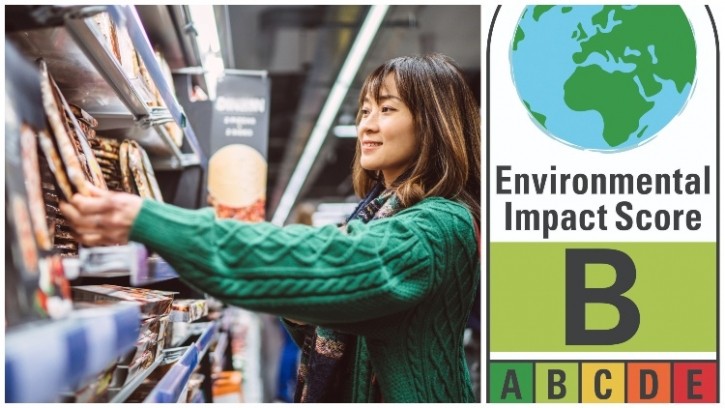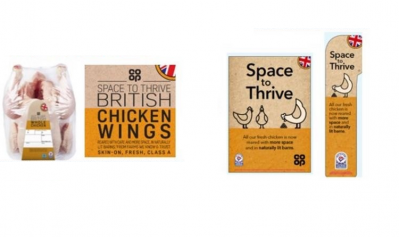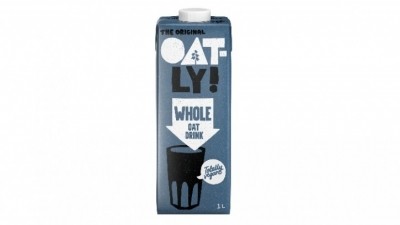News
IGD publishes eco-labelling recommendations – but not everyone is happy

This follows calls for standardisation in eco-labels from the food and drink industry after concerns over greenwashing and confusion arose.
The recommendations set out by the Institute of Grocery Distribution (IGD) are an accumulation of two years of research and consultation with the gGovernment, industry, technical experts and academia.
However, in a letter addressed to the DEFRA secretary, Rt. Hon. Steve Barclay MP, three groups have expressed concerns regarding these recommendations.
The letter, from CLEAR, the Sustainable Food Trust, and Compassion in World Farming, suggests that the recommendations from IGD risk confusing and misleading consumers, while ‘failing to support’ improved business decisions around supply chain efficiencies and sourcing.
Fidelity Weston, chair of CLEAR – the Consortium for Labelling for the Environment, Animal Welfare and Regenerative Farming – said that while a labelling review will help provide environmental transparency, a “simplistic and narrow approach is not appropriate”.
Weston continued: “It is crucial that the wide range of stakeholders involved in our food system are included. There is a great deal going on to support this happening yet neglecting this broad range of expertise and experience by taking a single industry-driven approach will fall far short of delivering a meaningful and robust basis for making sustainability claims for food products.
“We urge the Government to ensure that any proposal for a mandatory system underpinning an eco-label should be led by the Government and overseen by effective multi-sector governance and not rely on one designed solely by the food manufacturing and retailing industry.”
Dr Lesley Mitchell, Policy Director at the Sustainable Food Trust, added: “Supply chains and consumers need robust and comprehensive information to support positive environmental choices. We urge the Government to adopt an approach that focuses on biodiversity, animal welfare and other core aspects of sustainability, alongside carbon impacts.”
But IGD says the recommendations are the result of both rigorous consumer research and extensive consultation, and contends that as a non-lobbying charity, it is well placed to deliver on this project. It added that the recommendations set fourth also consider a product’s water, land and climate impacts in ‘one easy-to-read, colour-banded score’.
Commenting, Sarah Bradbury, CEO of IGD, said: “More than two years ago, we convened a steering group of 15 members from industry and other stakeholders, to build a consistent, collaborative set of recommendations on environmental labelling. We also convened a wider consult group of more than 90 organisations across various sectors and worked with expert technical and consumer research consultancies to shape our work.
“I am delighted to see nearly two years of rigorous research, engagement and consultation culminate in the set of recommendations we have delivered to Defra to inform its planned consultation on eco-labelling in 2024.”
A science-led approach has been adopted to inform the work delivered to DEFRA, according to IGD, which also includes suggestions on consistent data, method and governance. Longer term, the recommendations should also enable industry to reduce the environmental impact of supply chains and help inform decisions around sourcing.
Bradbury added: “Convening our industry in the way we have to deliver these recommendations is a big step forward towards a consistent approach for environment labelling for the UK food industry, indicating the extent to which our industry has an appetite to collaborate, engage and drive positive change on this topic.”
















